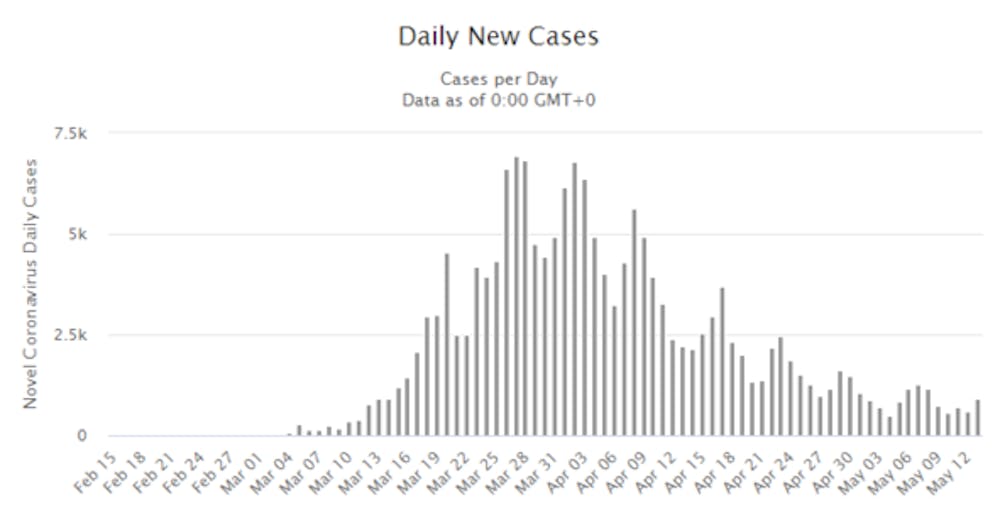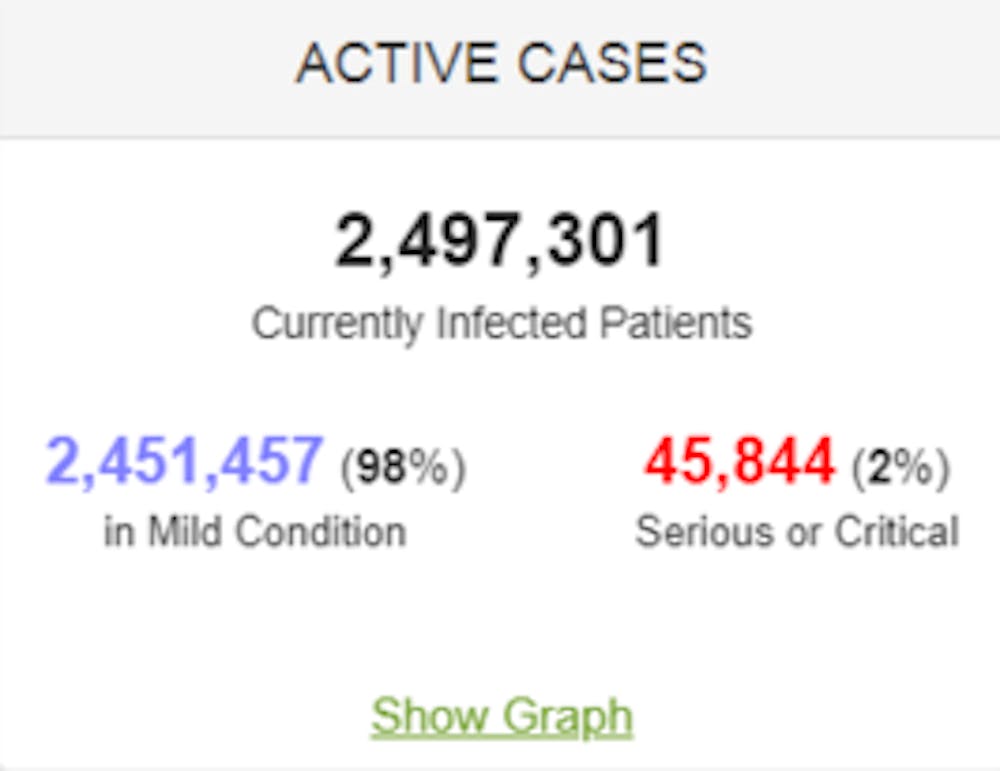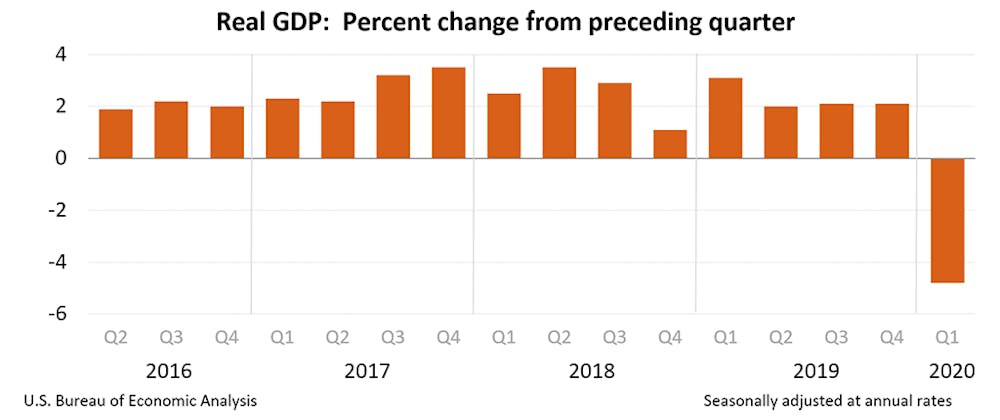Ever since the COVID-19 pandemic began, the speculation over how it will end has been nonstop. The least-controversial and most talked about path towards herd immunity, a state where the majority of the population is immune and therefore cannot spread the virus, is a vaccine. The lingering question, however, remains: what if no vaccine is widely distributed for two or three years, if at all? The only other viable alternative will be achieving herd immunity via the majority of the population contracting COVID-19 and recovering.
Many nations have recently begun easing lockdowns after the amount of new infections dropped significantly, but therein lies a problem. Once these restrictions were eased, COVID-19 began coming back. In Germany, infections are increasing after lockdown measures were relaxed last week. Are we prepared to continue socially distancing until the majority of Americans are vaccinated?

Once the toothpaste is out of the tube, you cannot put it back. The same pertains to COVID-19. There is no way to completely shut down a country and completely eradicate this virus. Grocery stores, hospitals, and industrial supply chains have to remain open, and these vital aspects of modern society require human-to-human contact. Completely preventing the spread of COVID-19 is impossible. Dr. Fauci has made this clear. “There is virtually no chance it [COVID-19] will be eradicated,” Fauci said.

This virus is here to stay. What is to be done then? A viable alternative to waiting for a vaccine is to gain herd immunity via the majority of Americans contracting COVID-19, recovering, and gaining immunity. Fortunately, 98% of confirmed cases are mild, but that number will probably rise once the true scale of the virus’ spread has been ascertained.
Some states may be well on their way to herd immunity. Preliminary studies have found that 13.9% of New York State and 20% of New York City have contracted the virus. That is 2.7 million people. At the same time, 27,000 New Yorkers have perished from the disease. If true, COVID-19 has a relatively low 0.01% death rate.
I want to make it clear that I am not attempting to downplay this pandemic, but for a disease where 98% of cases are mild, one must question whether a complete shut down is the most effective response. It is impossible to completely stop the spread of COVID-19, and an indefinite shutdown will create a host of other problems. 14.7% of Americans are currently unemployed, a number that could potentially peak at 25%. Such an economic crisis could give rise to fascism and other extreme ideologies, as has previously happened in the aforementioned Germany.

Many head doctors, including David Katz, argue that the best response is to allow those not at-risk to return to normal life, while testing and contact tracing on a massive scale. The U.S., however, lags behind other first world countries in testing. Spain is conducting 52,000 tests per million people while the US is at 31,000. Opening up and attempting to gain widespread immunity responsibly could only happen if testing dramatically increases.
Achieving herd immunity hinges on the assumption that humans can become immune, but unfortunately, there is currently no conclusive evidence. A peer reviewed study published on Monday, May 11 suggests that “recovery from COVID-19 might confer immunity against reinfection,” but the human response “is not yet fully understood and definitive data on post infection immunity is lacking.”
So much about COVID-19 is unknown, underlying the anxiety surrounding this pandemic. The long term effects on individuals that have recovered from the illness and whether humans will gain immunity are just two of the unknowns. These will surely be answered in the coming months and years, but for the time being, we can only speculate.
Social distancing is the proper first response. It would be reckless and immoral to pursue herd immunity without a better understanding of the virus. Such a strategy can be pursued in the second or third wave, once immunity is better understood and the healthcare system is actually prepared, but a lockdown that lasts more than a year may have far reaching consequences.
Either way, Americans have to stop thinking that they will always be able to avoid COVID-19, and start thinking about how their body will respond to the virus. The best response each of us can take is to get healthy and boost our immune system. In these times we have to hope for the best while preparing for the worst.










